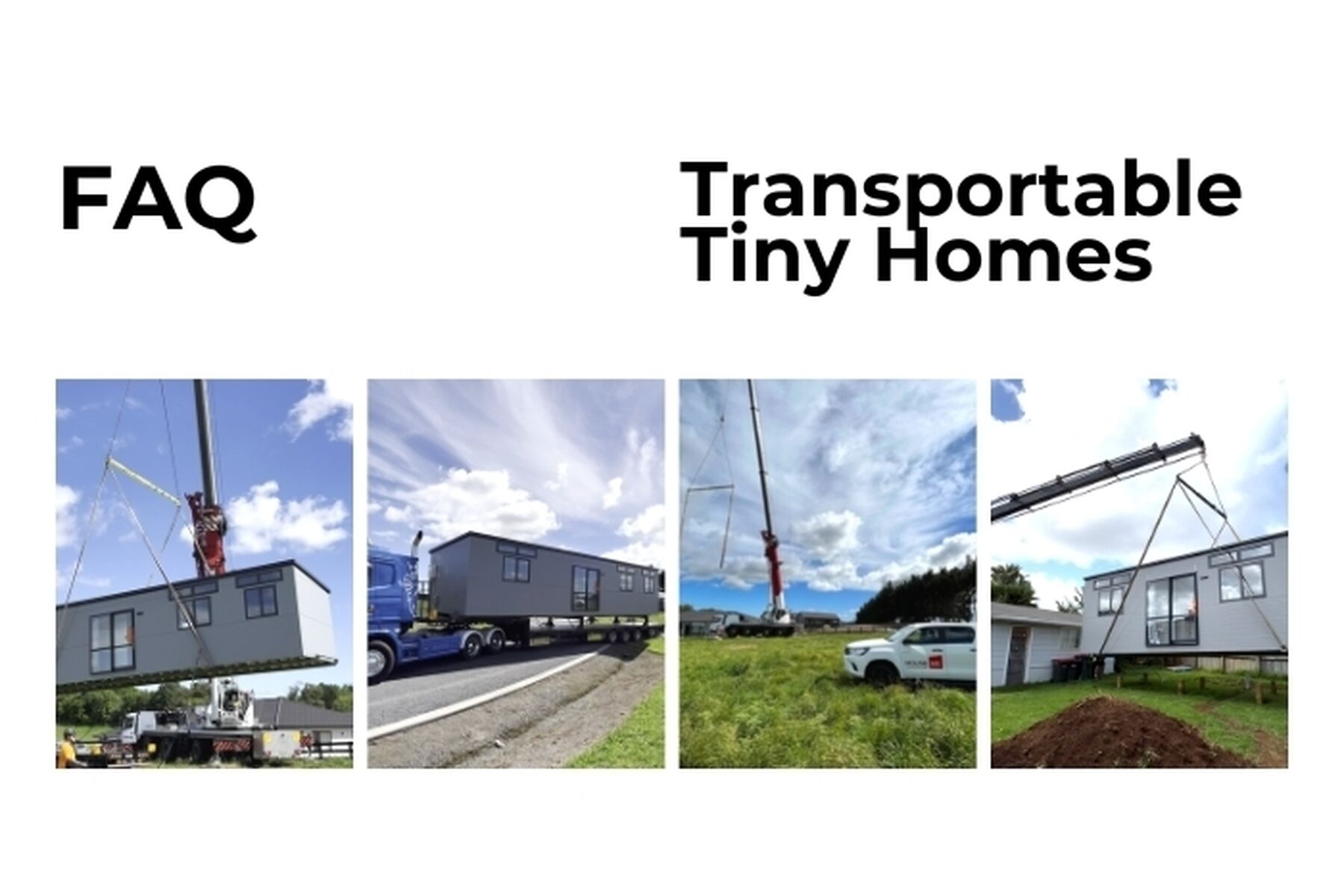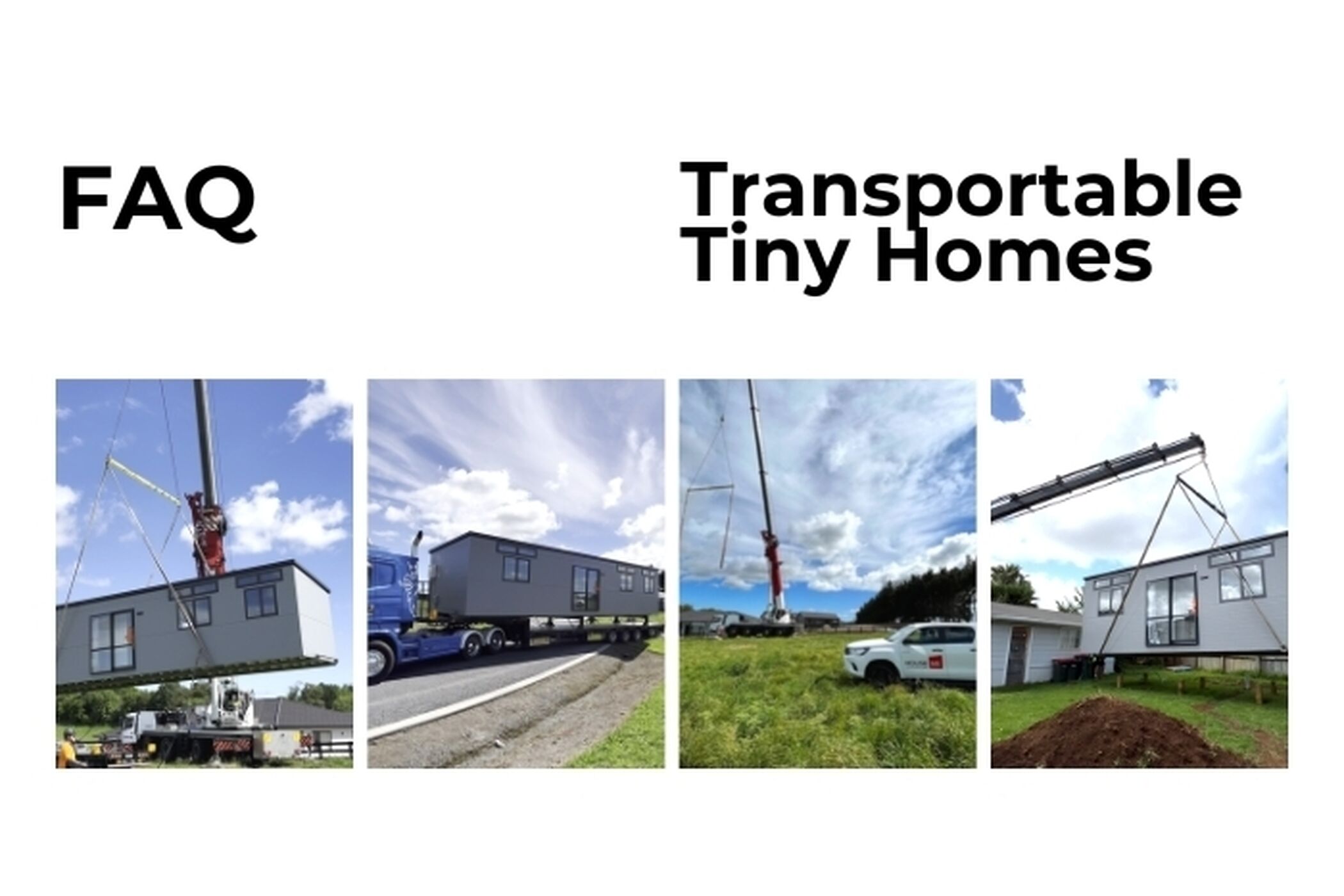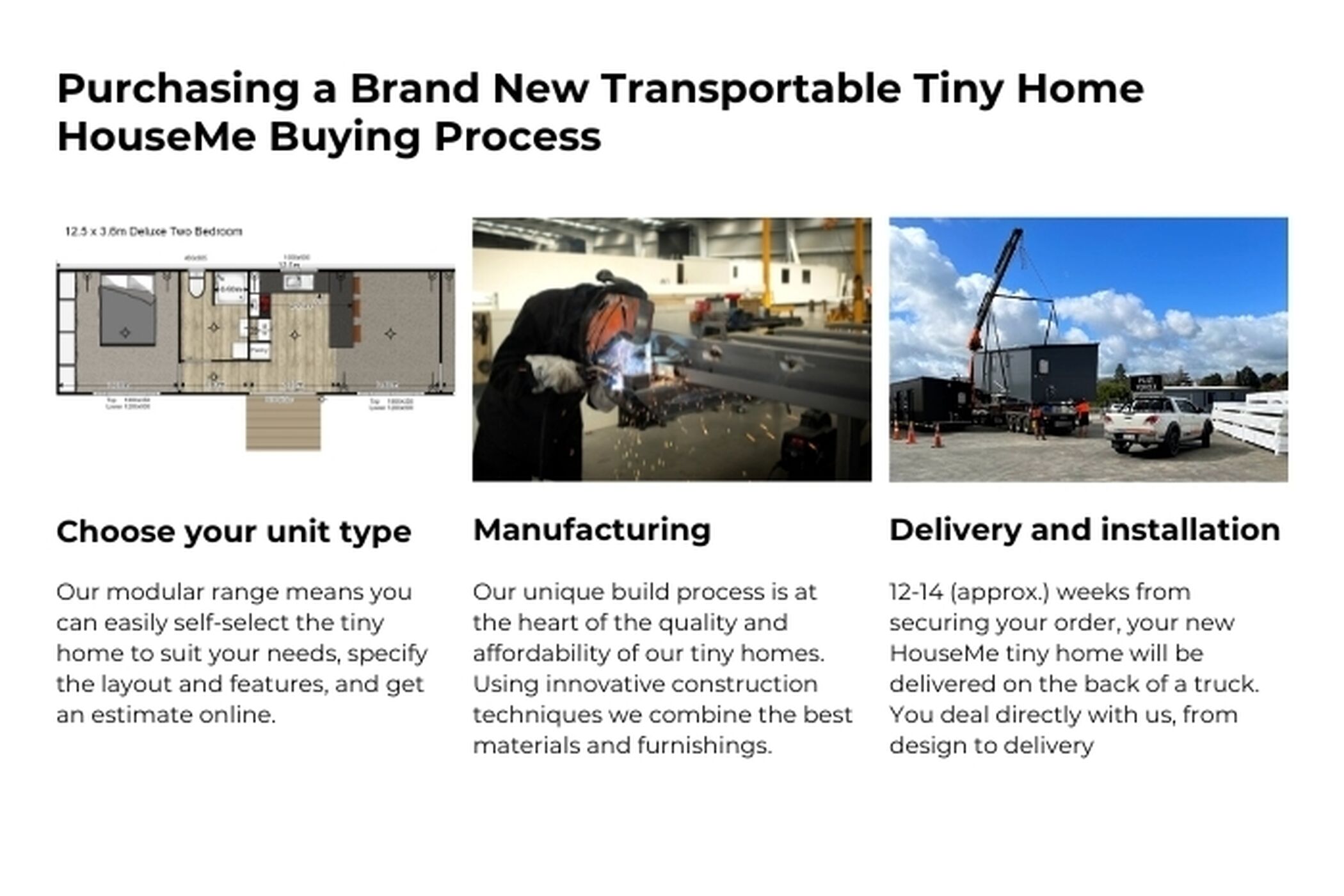


What You Need to Know Before You Buy
What Are the Key Steps Involved in Buying a Tiny House?
If you're considering purchasing a brand new tiny home, you might be wondering what the buying process looks like, and how long it will take to get your new home up and running. The process is generally quite straightforward and easy to understand. Here are the usual steps involved at HouseMe:
Step 1: Choose your unit type
The first step in the buying process is to choose the type of your new tiny home. HouseMe offers a range of designs to choose from, each of which can be slightly customized through specified layout and features to suit your individual preferences and needs. If you want to see more about our range and compare different specifications, head to our transportable tiny homes for sale page linked here and learn more for yourself.
Step 2: Place your order
Once you've chosen your unit type, you can place your order. This usually involves filling out a purchase agreement and making a deposit to secure your order. Our prices include GST but do not include transport and set-up costs, which will vary depending on your intended location. We require a $20,000 to $30,000 deposit to commence building your transportable home, and payment in full is required before delivery. It's up to the individual purchaser to confirm whether permits are required.
Step 3: Manufacturing
After your order has been placed, the manufacturing process begins. HouseMe units are built in-house at our factory in New Zealand, using high-quality materials and sustainable construction practices.
Step 4: Delivery and installation
Once your unit has been manufactured, it's time for delivery and installation. HouseMe units are delivered on a truck and can be installed on a foundation of your choice.

Are There Financing Options Available for Purchasing Transportable Homes?
Are There Any Specific Regulations and Requirements for Transportable Tiny Homes?
The regulations for transportable tiny houses in New Zealand vary depending on the region and council. In some cases, you may need a building consent, while in others you may be able to get away without one. However, there are some national standards that you'll need to follow regardless of where you're located. According to the New Zealand Ministry of Business, Innovation and Employment (MBIE), transportable homes must comply with the New Zealand Building Code and meet the requirements for fire safety, ventilation, and insulation. Additionally, all electrical work must be done by a licensed electrician. To learn more about the regulations for transportable tiny houses in your area, you can visit the MBIE website here or the website for your local council.
All new HouseMe units come with a Code Compliance Certificate (CCC). This is a document that verifies the building work we've done complies with the New Zealand Building Code. The CCC is specific to the HouseMe unit and is separate from any site work like foundations or sewage. We pass a final building inspection before delivering the unit, and the CCC documentation is usually issued about six weeks later.
Navigating the regulations around transportable tiny houses in New Zealand can be confusing, as every situation is different. The HouseMe team is here to offer guidance and answer any questions you might have. To get in touch with us, fill out the Message our Team form here or click Contact Us here and we'll be happy to help.
What Do I Need to Do to Get My Site Ready?
Preparing your site for a transportable tiny home might sound like a big job, but it's actually pretty simple and totally doable whether you're a DIY kind of person or want to bring in a specialist. First things first, you gotta clear any junk or plants out of the way and make sure the area where you want your tiny home to go is nice and level. This is really important so you don't have any problems with the foundation being all wobbly. So don't forget this step! With just a little bit of know-how and the right tools, you'll have a sweet, sturdy place for your new tiny home in no time.
Are There Any Specific Foundation Requirements?
When it comes to the foundation, there are a few different options you can choose from. Piles are the right choice if you're dealing with wonky soil conditions or uneven terrain. They're driven deep into the ground and provide a super solid foundation. Gravel is another option, and it's perfect if you've got a level surface to work with. It'll give you a stable base for your tiny home, and it's way easier and cheaper to install than some of the other options. Finally, there are concrete slab or pads. They're more permanent and provide a really solid foundation for your tiny home, but they can be a bit pricier and take longer to install. Whatever you decide, make sure to pick the option that works best for your site and your budget.
Now, here's the thing about HouseMe units - they're actually built on skids, which makes them super easy to set up on the ground. This means that you don't necessarily need a full-on foundation like you would for a traditional house. That being said, it's still important to make sure your site is level and stable, especially if you live in an area with extreme weather conditions.
Do I Need to Do Anything Else to My Site?
In addition to preparing the foundation, you'll also need to consider the space required for the tiny home and the delivery truck. Transportable tiny homes can range in size so it's important to ensure that you have enough space to accommodate your chosen unit. Additionally, you'll need to ensure that there is enough space for the delivery truck to maneuver and position the tiny home onto the foundation. If you have any questions about your site or are unsure if there is any additional preparation needed, don't hesitate to reach out to HouseMe team for assistance. Click here to contact us today.